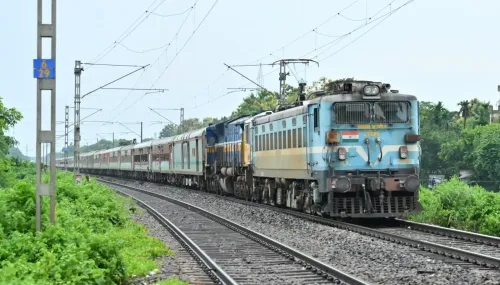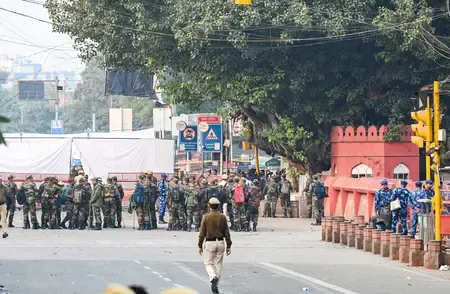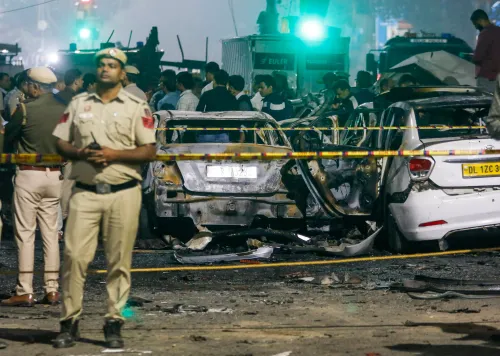Will the SC Address the PIL for Regulating Political Parties?

Synopsis
Key Takeaways
- Supreme Court agrees to examine PIL regarding political parties.
- PIL seeks to enhance transparency and democracy.
- Petitioner directed to include recognized political parties.
- Calls for measures against corruption and criminalization.
- Highlights the absence of a legal framework for political parties.
New Delhi, Sep 12 (NationPress) The Supreme Court has decided to take a closer look at a public interest litigation (PIL) that calls for the Election Commission of India (ECI) to establish rules for the registration and oversight of political parties. The objective is to enhance secularism, transparency, democracy, and political justice.
A Bench comprising Justices Surya Kant and Joymalya Bagchi has issued a notice, requesting feedback from the Union government, the ECI, and the Law Commission within four weeks.
The Bench, led by Justice Kant, also instructed the petitioner, Ashwani Kumar Upadhyay, to include all nationally recognized political parties as respondents in this case.
This PIL additionally urges the Centre to implement measures to combat corruption, casteism, linguism, regionalism, communalism, and the criminalization of politics.
Alternatively, the plea requests the Law Commission of India to investigate best practices from advanced democracies and compile a detailed report on the registration and regulation of political parties to help mitigate corruption and criminal activities in politics.
The PIL argues that the absence of a legal framework for regulating political parties has resulted in widespread misuse.
"Approximately 90 percent of political parties are established to convert black money into white. They seldom contest elections but gather vast sums in cash and reimburse the donor by check after taking a 20 percent commission," the petition claims.
Despite political parties having constitutional status and extensive powers under the Tenth Schedule of the Constitution, there is no comprehensive law governing them.
The PIL references recommendations from the Justice Jeevan Reddy-led Law Commission and the Justice Venkatachaliah-headed Constitution Review Commission, asserting that successive governments have "failed" to take action.
It also emphasizes the 2011 draft 'Political Parties (Registration and Regulation of Affairs) Bill' drafted by an expert committee led by former Chief Justice M.N. Venkatachaliah, which was "never seriously considered".









